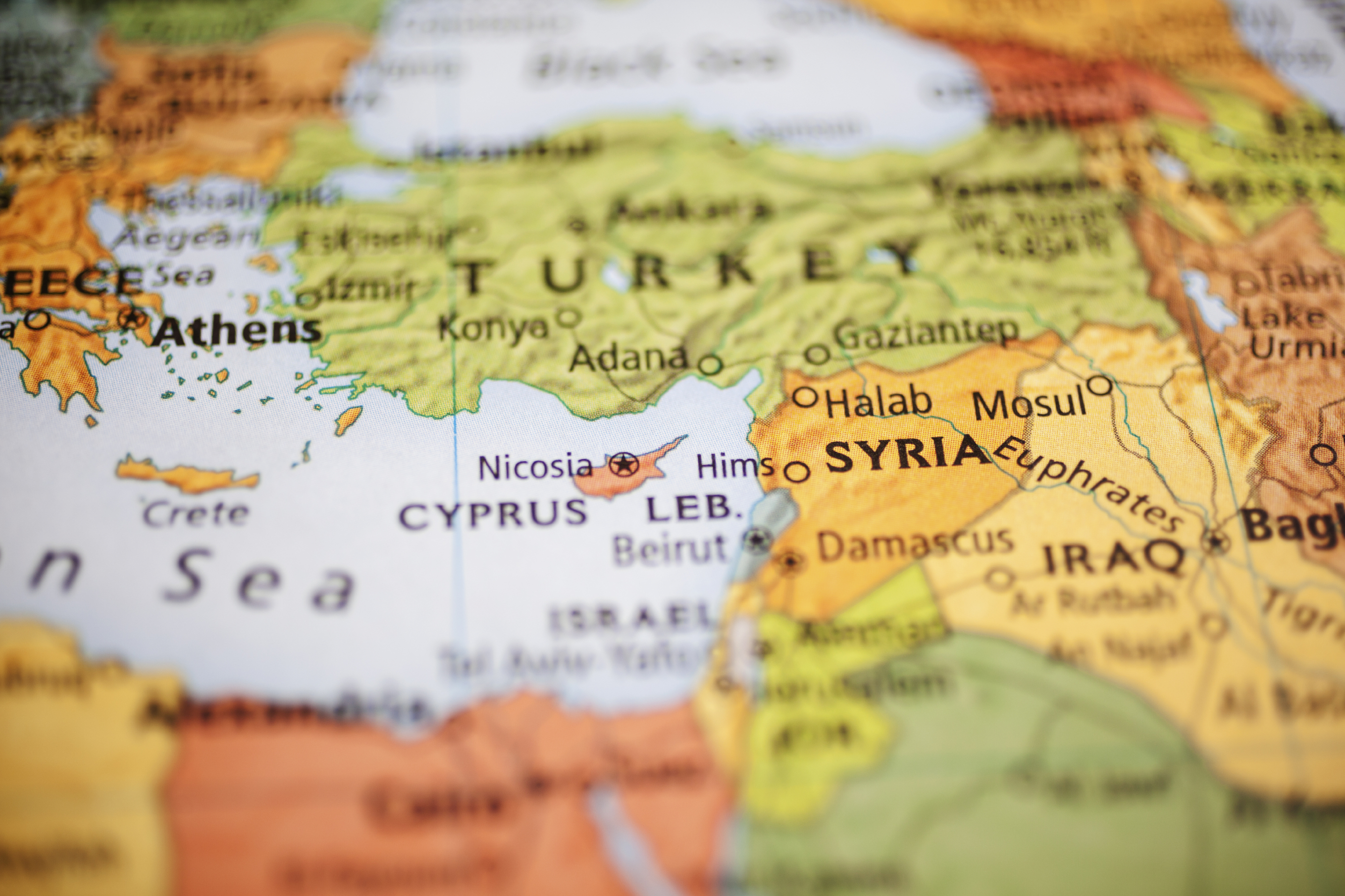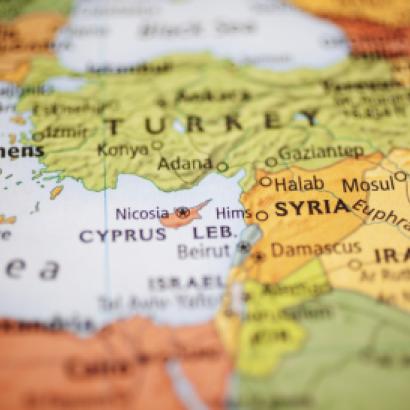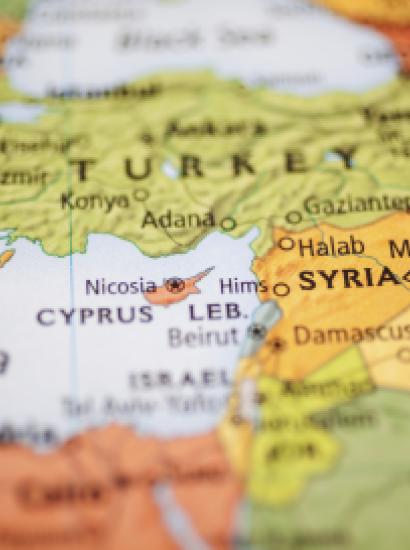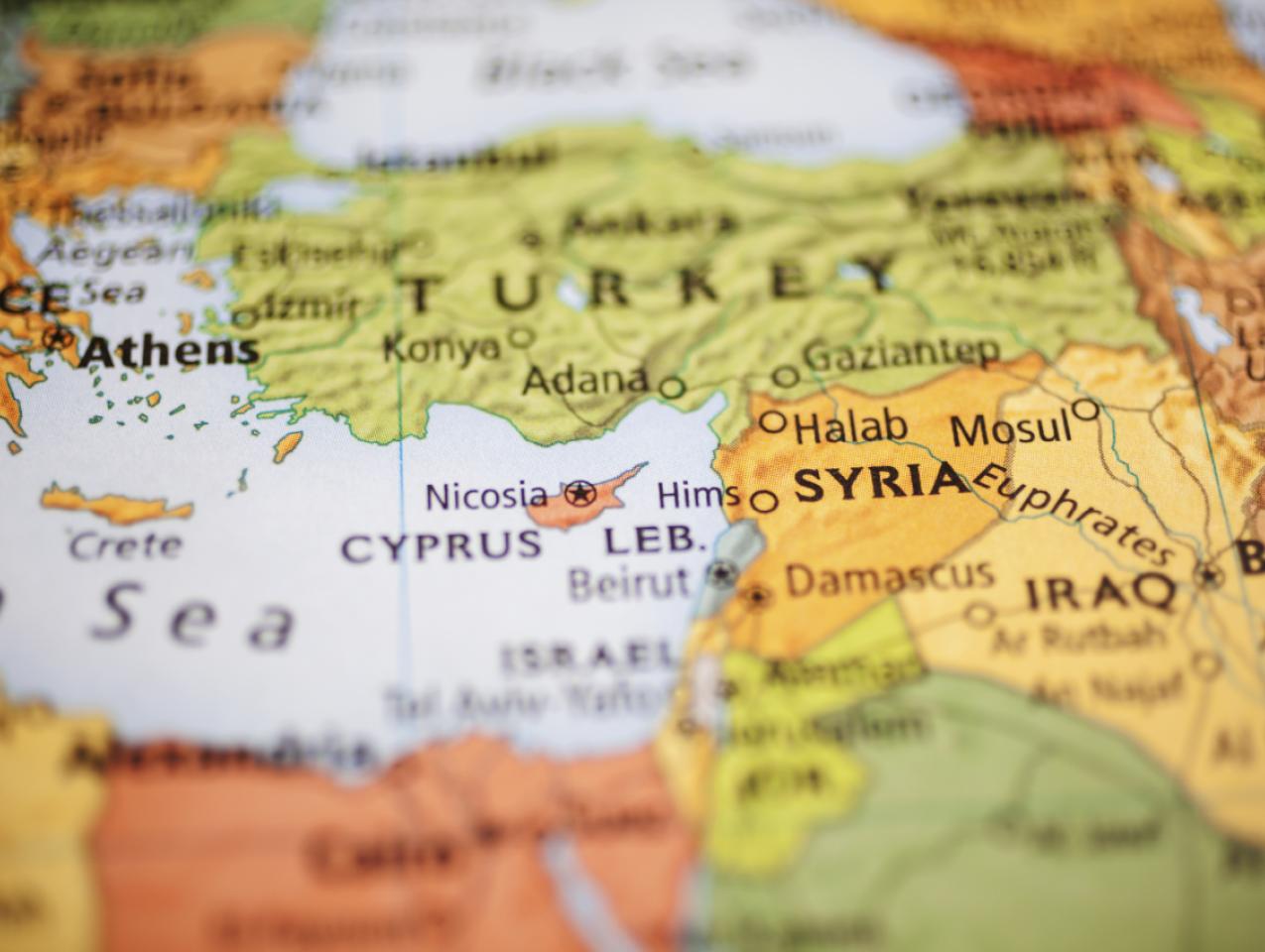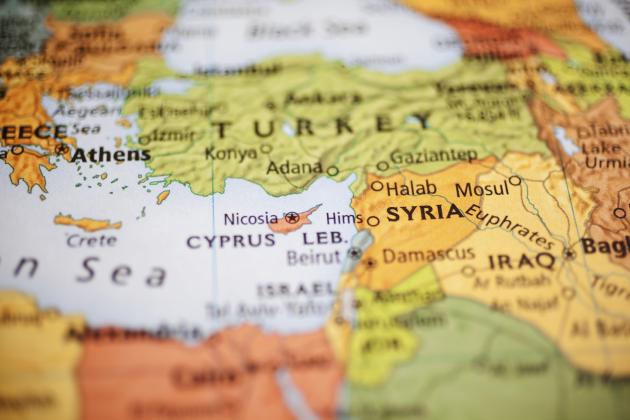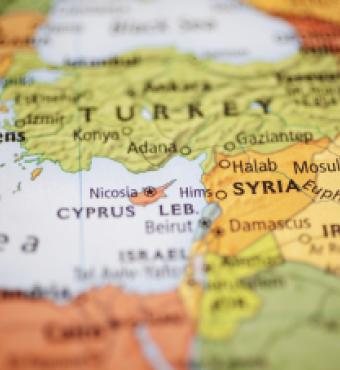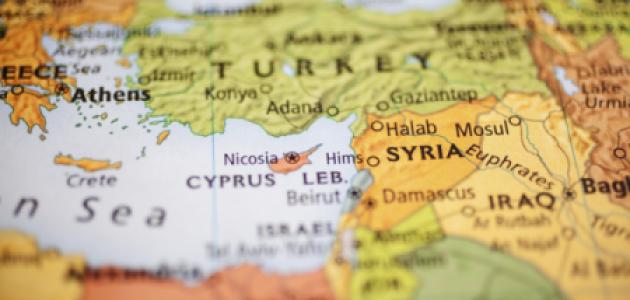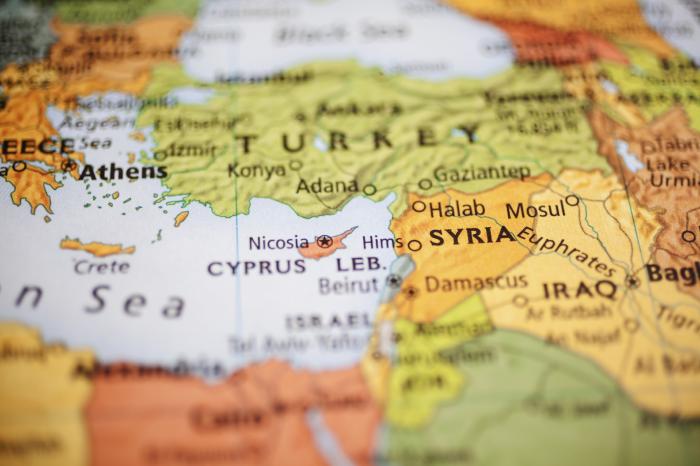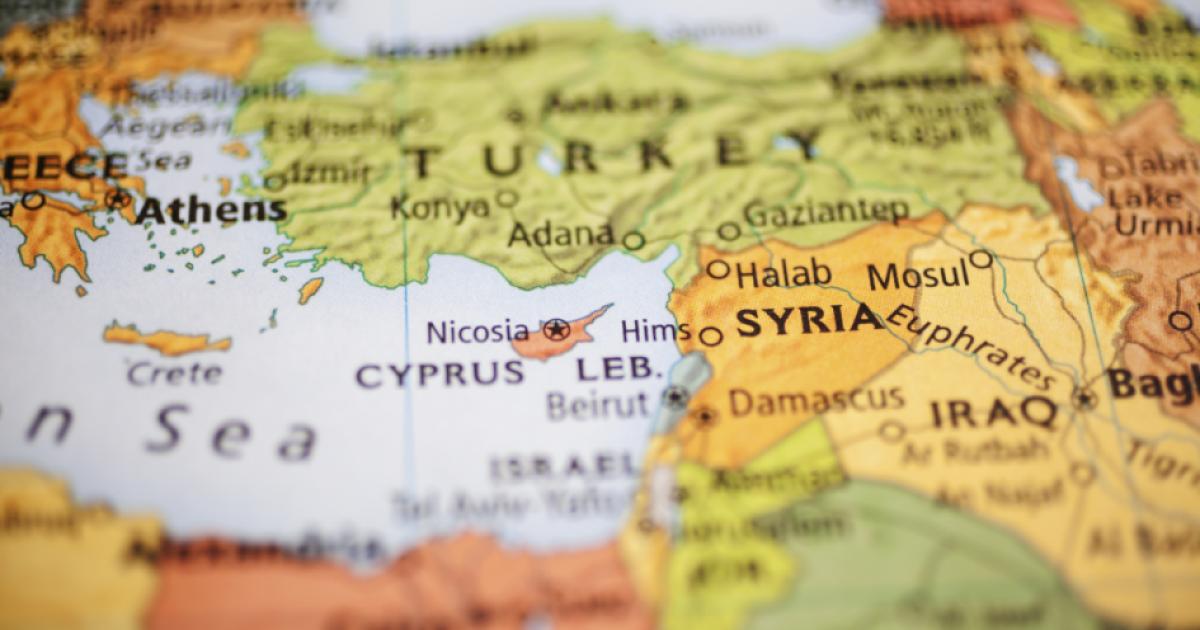- History
- Revitalizing History
Turkish foreign policy is complicated. On the one hand, Turkish President Recep Tayyip Erdogan is an ideologue committed to a Neo-Ottoman foreign policy. He aspires to make Turkey a world power again, as it once was before it became “the sick man of Europe.” He is also an Islamist who would like to make Turkey the leader of the Muslim world. He pursues an ambitious, interventionist foreign policy in such places as Syria, Libya, the Armenian-Azerbaijani conflict, and sub-Saharan Africa.
On the other hand, Erdogan is a pragmatist, and the product of a culture second to none when it comes to the art of bargaining. As Erdogan knows, Turkey is a country with great strengths and great weaknesses. It has a population of 80 million people, a strong military with the second-largest army in NATO, and a strategic location that makes it an asset to any potential ally. But its economy is weak, and it lives in a dangerous neighborhood. Turkey’s neighbors include Russia and Iran, two major powers. They also include Syria, a failed state, but one that gives sanctuary to a Kurdish group which most Turks believe to be a threat to the Turkish state, with its very large Kurdish minority.
Is Turkey still a solid member of NATO? Or is it drifting into a de facto Russian, Chinese, and Iranian alliance? The answer is: both. Turkey plays a complex game of balancing. It is not a solid member of NATO, and hasn’t been for quite some time, but it’s a member of NATO and has no intention of leaving. Turkey will use NATO for its own purposes, and yet, under the right circumstances, it may prove a good citizen and a loyal ally—if that serves Turkey’s interests.
After months of insisting that he opposed Sweden’s entry into NATO, for example, Erdogan did an about-face at a NATO summit meeting on July 10 and agreed to let Sweden in. Or, rather, an about-face more or less. The decision must be approved by the Turkish parliament, which is about to go into recess for the summer. Turkey wants additional Sweden to do more to suppress organizations that Turkey considers to be terrorists. In addition, Turkey wants Swedish support for Turkey’s EU accession process. In short, more bargaining about Sweden’s entry into NATO lies ahead.
Still, some progress has been made. Erdogan got more flexibility on the matter after winning re-election to the Turkish presidency in May. It’s the economy, however, that is probably the key thing. Turkey’s current account deficit has reached a record level, and Erdogan is hoping for American and European investments. That goes a long way to explaining his softening on Sweden, whose entry into NATO the Americans and other alliance members greatly wanted. Turkey earlier agreed to the admission of Finland, another new entry to NATO.
Which brings us to Turkish-Russian relations. Turkey may be a member of NATO, but it is happy to do business with Russia. Since the start of the war in Ukraine, Russians from draft-dodgers to businessmen have poured into Turkey, often buying property or opening businesses. The result has helped Turkey’s sinking economy, although certainly not enough to right the ship. Russian gas and oil are essential to the Turkish economy. Russia benefits by Turkey’s willingness to do business, despite the sanctions. It is said that many western businesses have opened offices in Turkey in hopes of getting around sanctions and trading with Russia.
Then there are security issues. Turkey has supplied drones to Ukraine, but not in sufficient number to threaten Russia much. Meanwhile, Russia is a major presence in Syria, where it supports the Assad regime. Russia opposes the Kurdish fighters whom Turkey considers a threat—fighters whom the U.S. supports. On the principle that the enemy of my enemy is my friend, Turkey and Russia are allies in Syria; Turkey and the U.S., not so much. Turkey and Russia have a longstanding enmity. They have reason not to trust each other, but for now, they have a mutual interest in doing deals.
As for China, it too is a major contributor to the Turkish economy. Turkey, in turn, mutes any protests about China’s treatment of its Turkic minority, the Uyghurs.
Turkey and Iran are neighbors with conflicting interests in Azerbaijan, Iraq, and Syria. But they share an opposition to Kurdish nationalism. The two states to a brisk trading business across a shared border. Furthermore, they have a long tradition of peaceful relations, so the two countries maintain a decent if wary relationship.
In sum, Turkish foreign policy is an ambitious and at times aggressive mix of ideology and pragmatism, with economic woes and domestic politics playing a part. Turkey is constantly balancing, bargaining, and pushing. It is less than a solid member of NATO, but it takes the alliance seriously. At the same time, it doesn’t hesitate to strike its own deals with Russia, China, and Iran.
Whatever else it is, Turkish foreign policy is never boring. It bears watching.







